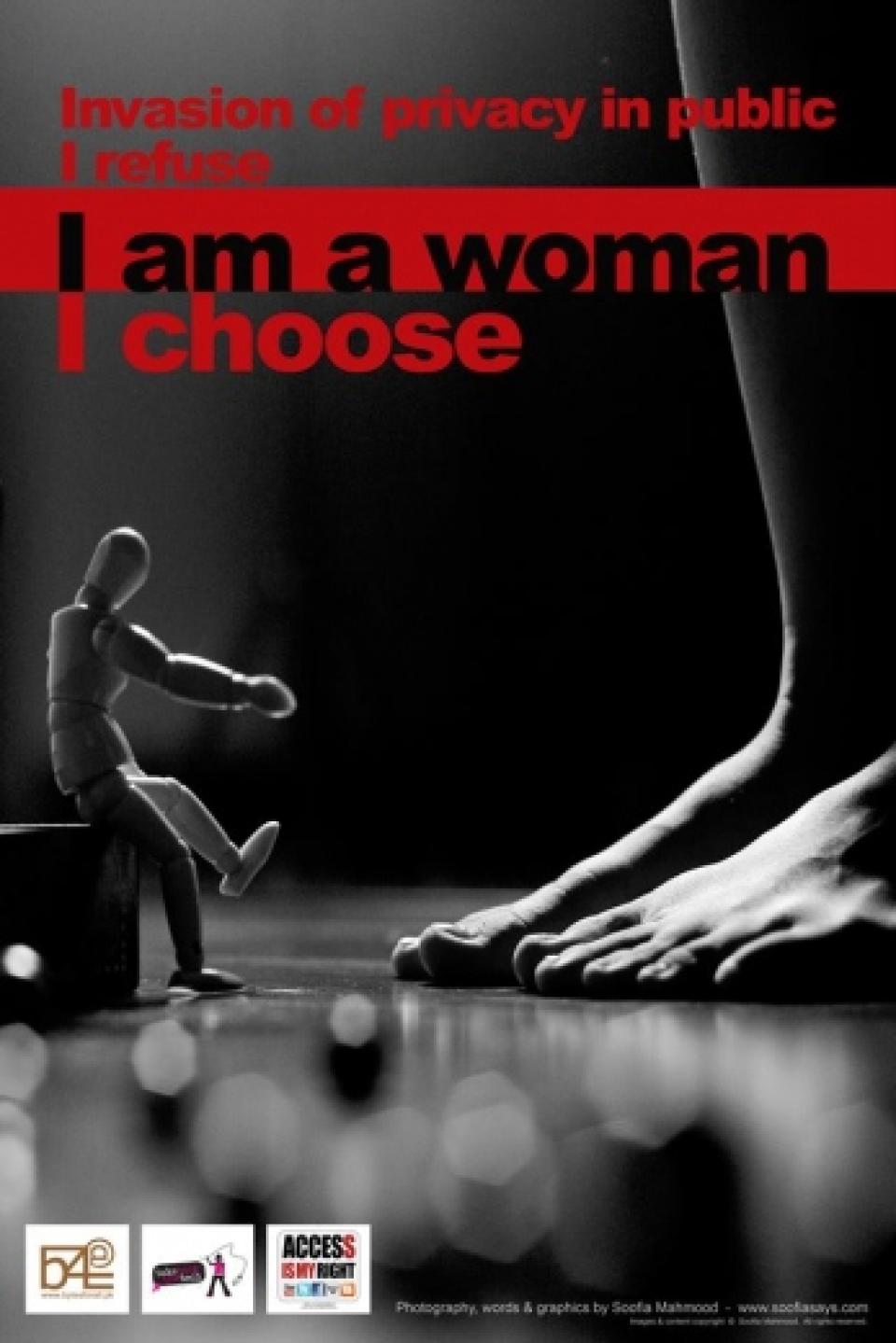
“Digitising social welfare: Challenges of privacy” is the title of the 2013 GISWatch report from Korea that points out instances where women in the country have leveraged even non-political internet forums to discuss socio-political issues and to organise offline on crucial issues. However, it also highlights several government policies that expose women to privacy violations and related abuse. In particular, it points out the various dangers involved in the government’s collection of personal information from survivors of domestic violence, sexual abuse, forced prostitution, etc.
The complicity of public officials in leaking this information to abusers adds to the magnitude and gravity of this problem. Following a policy change in 2010, NGOs that provide shelter to women survivors of abuse are required to register women’s personal information in the Integrated Social Welfare Network (ISWN). NGOs that refuse to comply are not eligible for financial support from the government. The Korean Sexual Violence Relief Centre is the only NGO that has refused to comply with this policy on the grounds that it exposes women to human rights violations. These violations are real: the report cites examples where an abuser tracked down a survivor through either the ISWN, or, in the case of women who fled with their children, through the National Education Information System (NEIS).
Further, registering for support services exposes the survivor to additional risk. The beneficiaries of support services are required to register in the local employment support centre and look for employment. To avoid disclosing her current location, the policy does not require a survivor to update her address in the resident registration system.However, this means that she has to visit an employment support centre close to her previous residence! This is clearly full of risk, given the possibility of a confrontation with the perpetrator or his relatives. The government also looks up, using the resident registration number (RRN), the survivor’s current assets to provide “proportional” support, ignoring that these women may not be in a position to access their assets.
There are further violations of privacy through this system. Victims of abuse may not want to disclose the fact that they have stayed at a shelter due to stigma. However, registering with the RRN in the ISWN takes this choice away from them. The government’s alternative to the RRN, the ‘electronic management number’, however, is not randomly generated: it is derived from the RRN and contains information on the type and location of the shelter.
Shehla Rashid Shora speaks to the author Yeo-Kyung Chang, who works with Jinbonet, about the state of women’s internet usage in South Korea.
Shehla Rashid Shora (SRR): Why did you choose to write about this topic?
Yeo-Kyung Chang (YK): As an activist working on the issue of ICTs and human rights in South Korea since 1998, I have worked with women’s organisations on issues related to women’s human rights and ICTs. When I learnt that the GISWatch report’s topic of this year was Women’s rights, gender and ICTs, I could think of relevant issues related to my work with these women’s’ organisations and as an employee of a member NGO of the Association for Progressive Communications.
SRR: Do you think that women’s political participation, even in non-political internet forums, can be attributed to high access levels among women in South Korea?
YK: I think that South Korea is a country where people generally participate in political discussions actively. Younger people use ICTs in their daily lives and they also make use of online platforms to discuss various issues. Statistically speaking, women are very active on the internet owing to high ownership of gadgets among them. Apart from women who are very old, most women are also trained on accessing the internet and they use it for both social and professional networking.
But recently, there has been a spike in online hate speech against women, which disrupts women’s public participation. So, while quantitatively, women in Korea do not constitute a minority on the internet anymore, qualitatively they may still be a minority, owing to stifled political participation.
As we have mentioned in the report, unless Korea’s chauvinistic culture and male-centred governance structures undergo qualitative changes, technical tools such as the internet can have only limited impact on promoting women’s rights.
SRR: Can you identify any reason for this spike in online abuse against women?
YK: With economic crises like the IMF Crisis in 1997, job opportunities for young people in South Korea decreased, though the economic activities of women have increased a little. Male job seekers have compulsory military service for three years; however, in 1999 the Constitutional Court decided that the “veterans extra point system”, which made it easier for veterans to apply for civil service jobs, should be abolished, on the grounds that it was discriminatory, against women, the disabled and others who are unable to complete military service. Thus, there was outrage and anger against women. In my memory, since around that decision, the controversy on the gender issues has grown more intense and hostile.
SRR: How does the internet increase the possibility of privacy leaks when the ISWN and the NEIS are not accessible over the internet?
YK: The Integrated Social Welfare Network is accessible only to civil servants who have IDs. So is the National Education Information System. I don’t mean that ISWN or NEIS have already leaked online but the possibility exists due to the collection of data in digital form. There are instances of Korean civil servants having compromised personal information, especially after the e-governance system was established.
Also, the very fact that the personal information of victims is collected increases the possibility of an information leak. As of May 2013, when the ISWN was launched, there have been 10 cases of personal information leaks. These are only the reported cases, those where victims were aware of the leak; there could be many more leaks than victims know.
This raises the chance of perpetrators attacking the victim again. Recording the victims’ information on ISWN makes it easy for perpetrators to identify the victim’s location. There have been cases in which abusive fathers located their children through the National Education Information System. Victims of sexual abuse are by no means free from the threat their perpetrators can pose if their personal information is compromised.
SRR: The report says that the Korean government does nothing to protect women’s privacy. Does Korea not have a privacy law?
YK: The Korean Constitutional Court declared in 2005 that all people have “the right to privacy” in the digital age which means the data subject could decide him/herself to what extent, to whom and when his/her personal information is distributed and used. As the court observed, personal information in digital form is dangerous and even more so because of the internet. The danger does not arise just by leakage but also by the very disregard, of a woman’s right to decide on personal information, as shown by the government’s coercive collection of private information.
SRR: How much of the information leaks have a gender-specific character?
YK: The leakage of personal information by government officials happens to all people. The motives range from family affairs, curiosity about celebrities, political opponents, a bribe, and so on. For example, a big controversy in South Korea is the misuse of NEIS by senior civil servants who hoped to expel the Public Prosecutor General.
SRR: What punishment does the law prescribe for civil servants who leak information?
YK: There is a legal basis for punishing government officials who leak personal information or for making the official compensate the sufferer. But once information is leaked, none of these measures can help the victim overcome or reverse, completely, the consequences of the leak.
SRR: Is surveillance at the workplace a gendered phenomenon in Korea, as the report seems to suggest?
YK: No, surveillance at the workplace is a serious problem in general. Many workers are under surveillance through CCTV, mobile devices, computer and so on. Surveillance in care work is especially serious because the employees are mainly women. Also, the social demand for monitoring care workers is high in South Korea: in the past, public policies or bills to monitor workers in day-care centres for children or old-aged people were pushed.
SRR: Would you make some recommendations to the government for the protection of citizens’ data, in general, and for the protection of the privacy of survivors?
YK: The Korean government can protect survivors’ data by: a) collecting the bare minimum information required to implement welfare schemes; b) restricting the collection of information which could incite discrimination to narrowly and strictly defined situations and under a clear legal basis; c) not collecting the personal information of survivors of sexual violence, domestic violence or prostitution in digital form; and d) not making survivors’ data, in particular, accessible over the internet.
- 7951 views






Add new comment